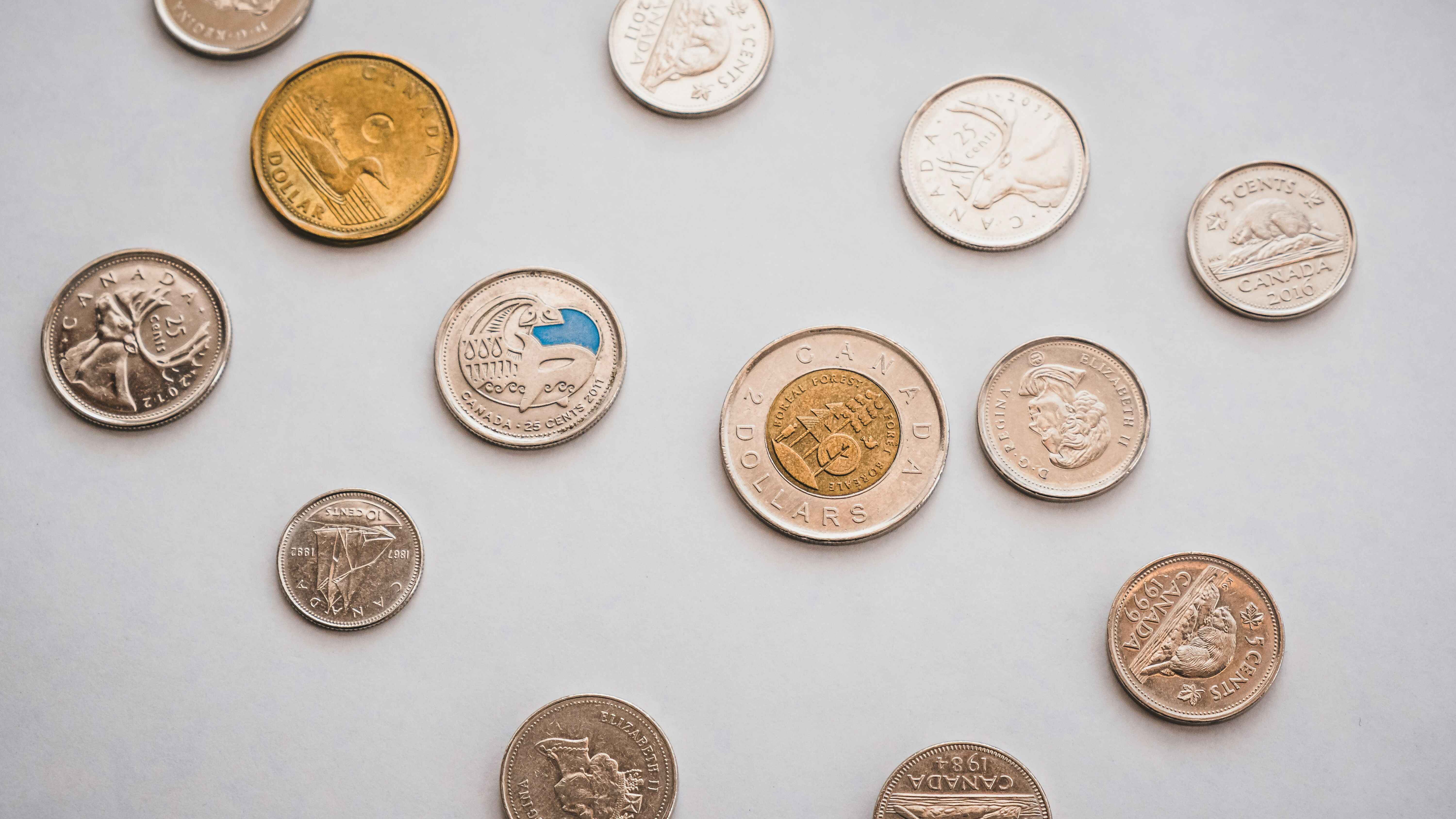In times of economic uncertainty, it’s natural to worry about the safety of your hard-earned savings. Market volatility can make even the savviest investor uneasy. However, there’s a time-tested financial instrument that offers stability and security: Fixed Deposits (FDs). With guaranteed returns, regulatory protection, and a low-risk profile, FD safety is essential for your money during turbulent economic times.
Get high ROI with 8.8% on Fixed Deposits. Invest today
Understanding FD Safety
Fixed Deposits (FDs) are popular for their stability and reliability. Below are key factors that contribute to their security:
What Makes FDs Secure?
Fixed Deposits are inherently low-risk investments. Unlike stocks or mutual funds, FDs offer assured returns that are not affected by market fluctuations. When you invest in an FD, you lock in a fixed interest rate for a specific tenure. With secure Fixed Deposits, you know exactly how much your money will grow, regardless of economic conditions.
Regulatory Safeguards
In India, you will see FD security by RBI. The Deposit Insurance and Credit Guarantee Corporation (DICGC), an RBI subsidiary, insures FDs upto ₹5 lakh per depositor per bank. This regulatory oversight and insurance coverage provides an extra layer of FD security, giving you peace of mind.
FDs: A Haven in Economic Storms
In uncertain financial climates, Fixed Deposits offer a safe harbour for your savings. Here are the reasons why they stand out during economic turbulence:
Weathering Market Volatility
During economic downturns, stock markets can be highly volatile. Investing in equities during such times can be risky, as the value of your investments may fluctuate drastically. In contrast, Fixed Deposits remain unaffected by market swings. Your principal amount and the interest earned are secure, providing a stable foundation for your financial portfolio.
Guaranteed Returns
One of the key benefits of FDs is the guaranteed returns they offer. Investing in an FD ensures you know exactly how much interest you’ll earn over the deposit’s tenure. This predictability is especially valuable during uncertain economic times, as it helps you plan your finances with confidence.
Here’s an example to illustrate the power of guaranteed returns:
|
Deposit Amount |
Tenure |
Interest Rate |
Maturity Amount |
|---|---|---|---|
| ₹1,00,000 |
1 year |
8.8% p.a. |
₹1,09,500 |
| ₹1,00,000 |
3 years |
9.6% p.a. |
₹1,30,568 |
| ₹1,00,000 |
5 years |
10.1% p.a. |
₹1,61,051 |
As you can see, even in a conservative scenario with modest interest rates, your money grows steadily over time. This shows that FDs provide a reliable source of income.
Liquidity and Flexibility
Fixed Deposits not only provide security but also offer a degree of liquidity. The following are key features that enhance their flexibility:
Fixed Deposits: A Safe Haven
While FDs are primarily known for their stability, they also offer liquidity. Most banks, including Airtel Finance, allow premature withdrawals from FDs, albeit with a slight penalty. This flexibility ensures that you can access your funds, if needed, without completely losing out on the interest earned.
Moreover, you can choose to receive your FD interest payouts periodically (monthly, quarterly, or annually) or at maturity. This flexibility allows you to tailor your FDs to your specific financial goals and cash flow requirements.
Loan against FD
Along with stable fixed deposits, another unique feature is the ability to avail of a loan against your FD. Banks like Airtel Finance offer loans up to 75-90% of the FD amount, with the deposit itself serving as collateral. This secured loan comes at interest rates lower than unsecured loans. Furthermore, this provides a cost-effective way to meet short-term financial needs without breaking your FD.
Here’s an example of how a loan against FD works:
Let’s say you have an FD of ₹5 lakh with Airtel Finance. In emergencies, avail a loan of up to ₹4.5 lakh (90% of the FD amount) at an attractive interest rate. You continue to earn interest on your FD while the loan helps you tide over the temporary cash crunch.
Building a Balanced Portfolio
Creating a balanced investment strategy is essential for long-term financial health. The key aspects of effective diversification are:
Importance of Diversification
While Fixed Deposits provide stability, it’s crucial to have a well-diversified investment portfolio. Diversification helps spread your risk across different asset classes, such as equity, debt, real estate, and gold. Allocating a portion of your portfolio to FDs can create a balanced mix that optimizes returns while minimizing risk.
Here’s an example of a diversified portfolio:
|
Asset Class |
Allocation |
|
Equity |
50% |
|
Fixed Deposits |
20% |
|
Debt |
20% |
|
Gold |
10% |
In this portfolio, Fixed Deposits provide a stable core, while equity investments offer the potential for higher returns. Debt and gold add further diversification and stability.
Getting Started with FDs
Opening an FD with Airtel Finance is a simple and convenient process. Here’s how you can get started:
-
Visit the Airtel Finance Fixed Deposit page.
-
Use the FD interest calculator to estimate your returns.
-
Choose your deposit amount, tenure, and interest payout frequency.
-
Complete the online application form and submit the required documents.
-
Transfer funds to your new FD account.
With competitive interest rates, easy online processes, and seamless management, Airtel Finance makes FD investing accessible and rewarding.
Conclusion
In times of economic uncertainty, we can say Fixed Deposits: a safe haven for your savings. With their guaranteed returns, regulatory protection, and low-risk profile, FDs provide stability and peace of mind. By incorporating FDs into a well-diversified portfolio, you can weather market volatility and achieve your financial goals with confidence.
Ready to secure your savings with a Fixed Deposit? Open an FD with Airtel Finance today and enjoy competitive interest rates, flexible tenures, and the convenience of online banking. Start your journey towards financial stability with Airtel Finance.
Get high ROI with 8.8% on Fixed Deposits. Invest today
FAQs
1. Are fixed deposits safe during a recession?
Yes, fixed deposits are considered safe during a recession. They offer guaranteed returns and are not affected by stock market volatility.
2. Why are fixed deposits considered as one of the safest forms of investment?
Fixed deposits are considered safe because they offer assured returns. Besides, they are insured by the DICGC up to ₹5 lakh and are regulated by the RBI.
3. How do Fixed Deposits help to keep the Indian Economy stable during volatility due to recession?
Fixed Deposits provide a stable source of funds for banks. It can then lend to businesses and individuals, helping to maintain economic stability during a recession.
4. Why should you opt for an FD during uncertain times?
During uncertain times, FDs offer guaranteed returns, liquidity, and the ability to avail loans against the deposit. This makes them an attractive investment option for risk-averse investors.
5. What are the tax implications of Fixed Deposits?
Interest earned on Fixed Deposits is subject to tax as per your income tax slab. However, tax-saving fixed deposits with a lock-in period of 5 years offer tax benefits under Section 80C.



